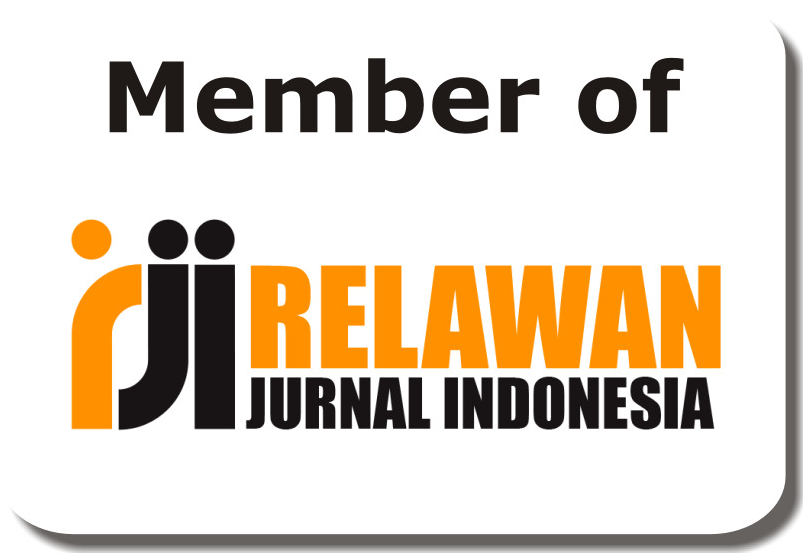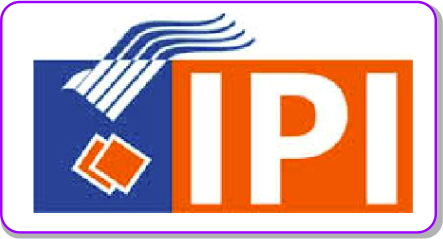An Analysis of Interlingual and Intralingual Errors in EFL Learners’ Composition
DOI:
https://doi.org/10.30983/educative.v4i2.2544Keywords:
error, interlingual, intralingual, compositionAbstract
This study aims to investigate the occurrence of errors committed by EFL learners in their composition in terms of interlingual and intralingual errors. The setting of the study was a state Islamic university in Banjarmasin South Kalimantan, Indonesia. The research participants were undergraduate students majoring in English Education. Data were collected through documentation of students’ composition and analyzed based on Corder’s Error Analysis (EA) theory. From the samples of 38 compositions submitted, it was identified that interlingual errors occurred more frequently than intralingual errors. Interlingual errors comprised morphological selection, lexical selection, syntactical selection, and misordering. Meanwhile, intralingual errors were evident in both omission and addition in the areas of word formation and syntax. The findings of this study revealed that first language interference caused more errors in writing than learners’ incomplete process of acquiring second language rules. To prevent the errors from being fossilized, it is suggested that in the teaching and learning process, language instructors provide continuous corrective feedback, and learners be more active in finding exposure to the correct form of the target language.
Abstrak
Penelitian ini bertujuan untuk menyelidiki terjadinya kesalahan yang dilakukan oleh pembelajar bahasa asing dalam tulisan mereka yang berupa kesalahan interlingual dan intralingual. Penelitian dilakukan di sebuah universitas Islam negeri di Banjarmasin Kalimantan Selatan Indonesia. Partisipan penelitian adalah mahasiswa S1 jurusan Pendidikan Bahasa Inggris. Data diperoleh melalui dokumentasi hasil karangan mahasiswa yang kemudian dianalisa berdasarkan teori Error Analysis dari Corder. Sebanyak 38 sampel karangan mahasiswa dikumpulkan dan ditemukan bahwa kesalahan interlingual lebih banyak terjadi daripada kesalahan intralingual. Kesalahan interlingual berupa kesalahan dalam memilih kosa kata dan menyusun kalimat yang disebabkan oleh pengaruh bahasa asli. Sedangkan kesalahan intralingual berupa penghilangan atau penambahan yang tidak tepat pada bentuk kata atau bentuk kalimat. Hasil penelitian menunjukkan bahwa pengaruh bahasa asli yang menyebabkan kesalahan interlingual dalam tulisan terjadi lebih banyak daripada kesalahan intralingual. Untuk mencegah melekatnya kesalahan, disarankan agar dalam proses belajar mengajar guru dapat terus memberikan umpan balik, dan siswa harus lebih aktif dalam mencari contoh-contoh bentuk bahasa yang benar.
Kata Kunci: kesalahan, interlingual, intralingual, karangan
References
Al-Khasawneh, Fadi Maher, ‘Error Analysis of Written English Paragraphs by Jordanian Undergraduate Students : A Case Study’, International Journal of English Language, Literature and Humanities, 2.8 (2014), 85–100
Al-Khresheh, Mohammad Hamad, ‘A Review Study of Error Analysis Theory’, International Journal of Humanities and Social Science Research, 2.6 (2016) <https://doi.org/10.20474/jahss-2.6.5>
Bahrpeyma, Mitra, and Omid Ostad, ‘Error Analysis of Composition Writing: A Case of Iranian EFL Learners’, International Journal of Research Studies in Language Learning, 7.1 (2018), 101–12
Brown, H Douglas, Principles of Language Learning and Teaching, 4th edn (San Fransisco: Pearson Education Limited, 2000)
Cohen, Louis, Lawrence Manion, and Keith Morrison, Research Methods in Education, Research Methods in Education, 6th edn (New York: Routledge, 2007)
Corder, Stephen Pit, Error Analysis and Interlanguage (Oxford: Oxford University Press, 1981)
Creswell, John W, Educational Research: Planning, Conducting, and Evaluating Quantitative and Qualitative Research, 3rd e
dn (Upper Saddle River, New Jersey: Pearson Education, 2008)
Ellis, Rod, SLA Research and Language Teaching (Oxford: Oxford University Press, 1997)
———, The Study of Second Language Acquisition (Oxford: Oxford University Press, 1994)
Erdogan, V, ‘Contribution of Error Analysis to Foreign Language Teaching’, Mersin University Journal of the Faculty of Education, 1.2 (2005), 261–70
Fareed, Muhammad, Almas Ashraf, and Muhammad Bilal, ‘ESL Learners’ Writing Skills: Problems, Factors and Suggestions’, Journal of Education & Social Sciences, 4.2 (2016), 83–94 <https://doi.org/10.20547/jess0421604201>
Hamzah, ‘An Analysis of the Written Grammatical Errors Produced By Freshmen Students in English Writing’, Lingua Didaktika, 6.1 (2012), 17–25 <https://doi.org/10.24036/ld.v6i1.3127>
Patton, Michael Quinn, Qualitative Research and Evaluation Methods, 3rd edn (Thousand Oaks: Sage Publication, 2002)
Prihantoro, ‘The Influence of Students’ L1 and Spoken English in English Writing: A Corpus-Based Research’, TEFLIN Journal, 27.2 (2016), 217–45
Rahmalia, Indah, ‘Students’ Perception of Classroom Environment of Writing Class’, Jurnal Educative: Journal of Educational Studies, 1.1 (2016), 27–34
Rajab, Abdalmonem S., Saadiyah Darus, and Ashinida Aladdin, ‘An Investigation of Semantic Interlingual Errors in the Writing of Libyan English as Foreign Language Learners’, Arab World English Journal (AWEJ), 7.4 (2016), 277–96 <https://doi.org/10.2139/ssrn.2898627>
Selinker, Larry, Rediscovering Interlanguage (London: Longman, 1992)
Downloads
Additional Files
Submitted
Accepted
Published
Issue
Section
License
Authors who publish with this journal agree to the following terms:
1. Authors retain copyright and grant the journal right of first publication with the work simultaneously licensed under a Creative Commons Attribution License that allows others to share the work with an acknowledgment of the work's authorship and initial publication in this journal.
2. Authors are able to enter into separate, additional contractual arrangements for the non-exclusive distribution of the journal's published version of the work (e.g., post it to an institutional repository or publish it in a book), with an acknowledgment of its initial publication in this journal.
3. Authors are permitted and encouraged to post their work online (e.g., in institutional repositories or on their website) prior to and during the submission process, as it can lead to productive exchanges, as well as earlier and greater citation of published work (See The Effect of Open Access).


















 Â
 







